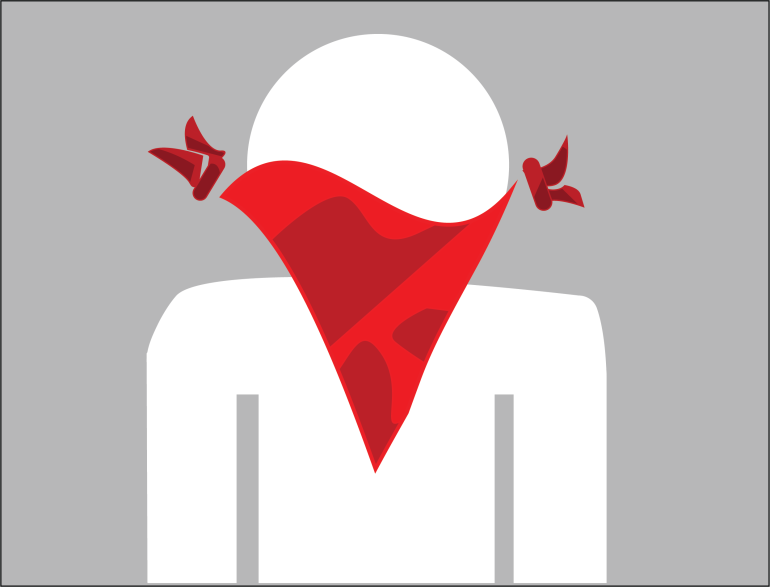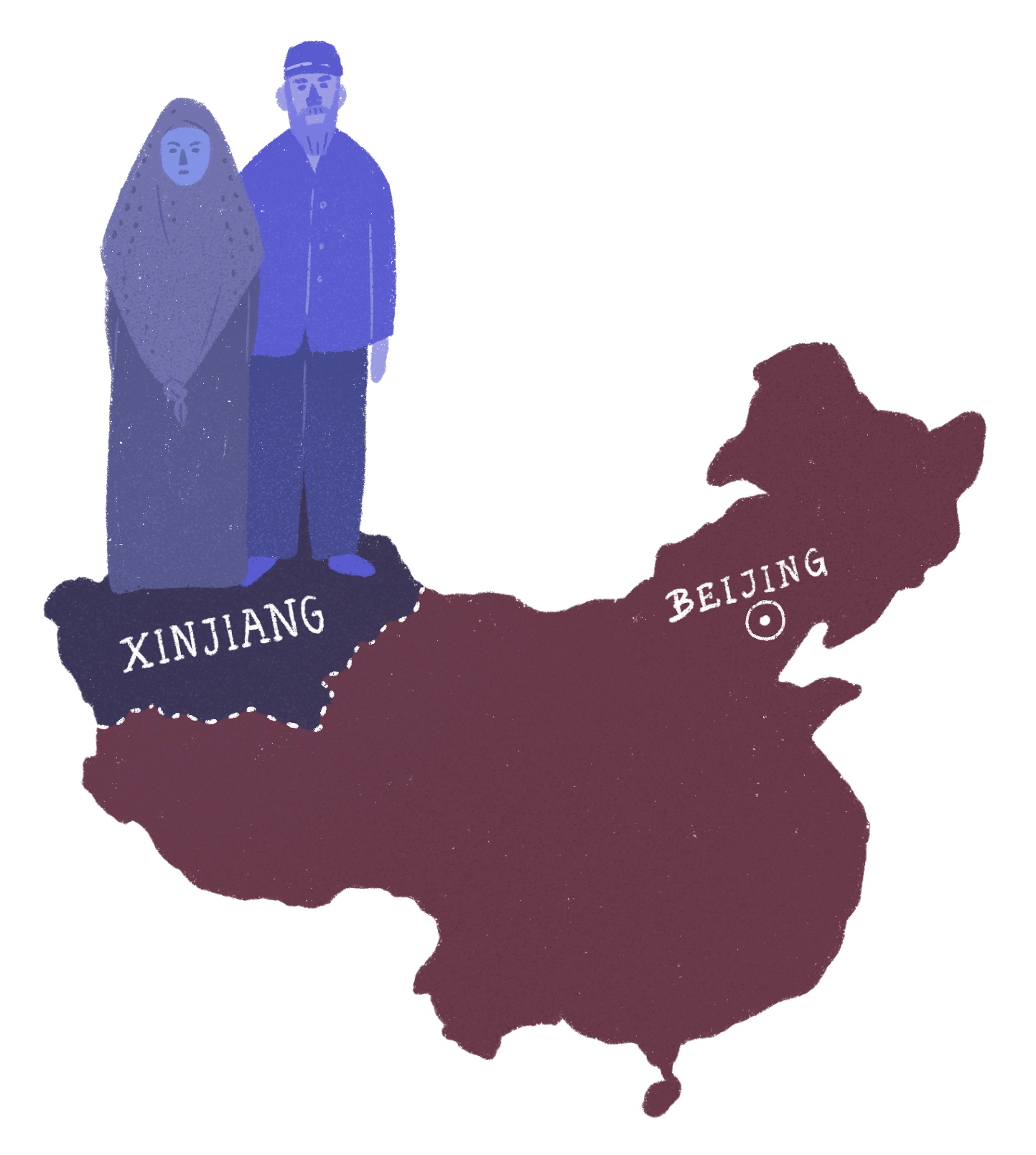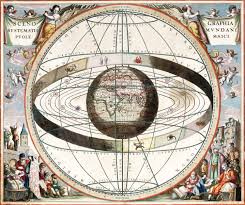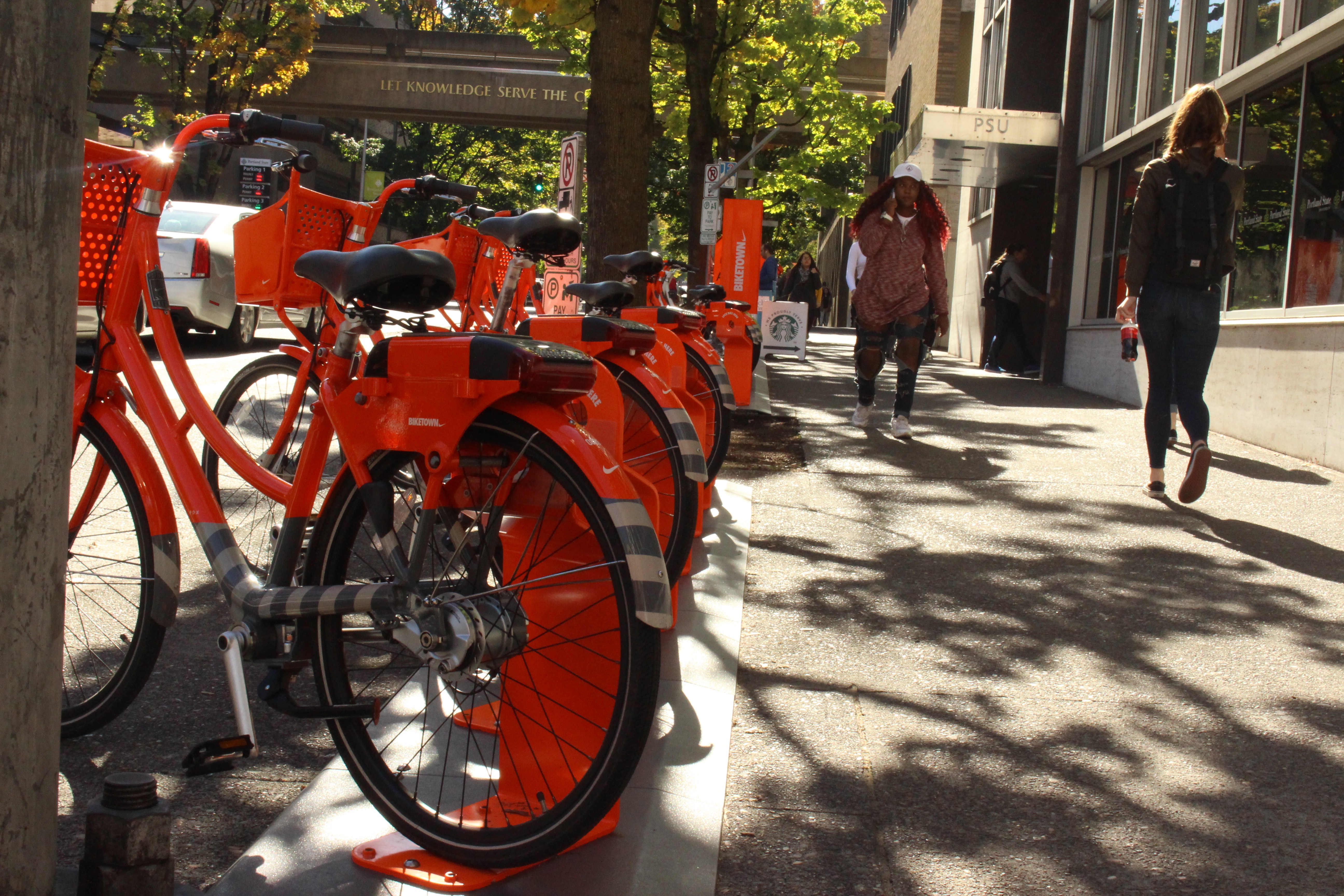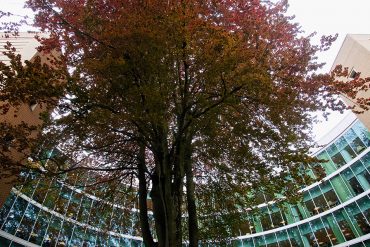In his 1897 essay “Strivings of the Negro People”, W. E. B. Du Bois once asked, “How does it feel to be a problem?” To be sure, he was speaking of the “problem” of being Black in America. In this article, I explore the same question, but of a “problem” eerily similar if not quite the same. How does it feel to be a “gang problem”?
Earlier this year, my younger cousin was sentenced to life in prison after being found guilty of criminal charges stemming from his membership in an urban street gang. The charges included ‘conspiracy to commit murder in furtherance of racketeering activity’ and other crimes for which the government claimed were carried out by an overarching “criminal enterprise”—to wit: the gang. In the indictment, the government essentially claimed the gang required members to break the law and that the gang was thereby responsible, but the gang wasn’t charged, didn’t receive a trial, nor was it convicted. Instead, my cousin was held responsible for the supposed actions of an entire gang; the jury found him guilty, and he was given a life sentence in prison.
So, where does the gang stand now? What is expected that its members do in the aftermath? Where is the guidance? Are we illegal? Is there some agency or authority I need to turn myself in to for being a gang member? Will all the homies who are rappers and professional athletes and military veterans be there too? What about dead homies? If so, I can’t wait to get there! There’re so many homies I’ve been aiming to meet all these years and others I haven’t seen in ages, so this sounds like fun. A great big family reunion.
There’s going to be so many of us, and I have not a clue where they’re going to house all the gang members from across America if that’s how they think they’re going to get rid of us. But, if we are illegal and if gangs are “criminal enterprises”, then I’m 107% guilty as charged and I hereby RSVP the invitation to the party they’re throwing for us. I’ll be there with my shirt off showing all my gang tattoos and throwing up my gang’s hand sign into the air as obnoxiously as I can, like in the 1988 motion picture Colors when they locked up thousands of Crips and Bloods (the same as during the LAPD CRASH team’s well publicized anti-gang mission code-named Operation Hammer that took place in real life the preceding year). Hopefully I’ll remember to tuck a bandana into my pocket the morning thereof—so I can have it to wave in the air as well.
If law enforcement is reading this, please, come pick me up or let me know where to turn myself in! Truth be told, as strange as it may seem to someone who may not share the same experiences, I cried the last time I was released from prison. I was saddened knowing that I’d never see some of my homies ever again unless I returned, and I had no plans whatsoever to go back. It’s been over a decade since I was last released now, and I’ve mostly refrained from my former felonious ways, but I sure wouldn’t mind returning—however, only if absolutely forced to return. I can’t control the criminalization of my culture; I can only control my own individual actions.
I’ve been a member of a gang for more than three decades and there are hundreds of other members of this gang, and many more from many other gangs across the nation, who are looking over their shoulders wondering why they are suddenly being targeted on the basis of their gang membership–especially since many of the largest gangs in America have existed for more than a half-century, even before the RICO Act was enacted in 1970, and yet it has only recently become as common as it has to prosecute gang members for their gang membership. What is the gang problem then?
Are gangs really the problem? Or are the problems things like violence, drugs, human trafficking, etc.? Is the problem that there are laws against criminalizing one’s race, religion, or other association, but its ok to criminalize gangs? For as long as I’ve been in a gang and for as many gangs and gang-members that I’ve been exposed to over the past several decades, I’ve not yet found evidence of a central gang objective or goal, let alone some hyped-up conspiracy theory that considers us “organized crime” or a “criminal enterprise”. That’s bullshit.
As a gang, we may get together and shoot dice, drink beer, take turns rapping, and otherwise talk a gang of shit. We will often lounge, reminisce, and tell war stories, while sometimes we fight with each other and other times we fight with other gangs. It’s a very fluid crowd that changes day-by-day, depending on who may have just got out or may have just got arrested, or who just don’t show up because they moved or some other harmless reason. There’s never a long-term plan, strategy, or agenda encompassing the entire gang and many of the common misperceptions I read of about gangs, I personally know to be untrue, but few will listen if I say so because I’m a criminal, of course. Some of my homies have gone to prison for life and others have lost their lives in what has become an ongoing cycle of generational retaliatory fighting and vigilante justice between the many different gangs—but even then, this is all dysfunctional chaos, not an organized criminal enterprise, complete with knowledge and intent on every member’s part.
Certainly, members may individually indulge in what may amount to a legal and social construction of a crime, but the gang isn’t responsible for the individual interpretations and free will of others. The gang may not stop you, but the gang will never make you do anything that you don’t want to do, including committing crimes. The government on the other hand…well, they’re quite persuasive when they aim to control something or someone. I know this from being a former-enemy combatant and prisoner of America’s ‘War on Drugs’. Don’t even get me started on religions and control.
As gang members, we tend to be our own worst enemies, both altogether and even alone, but we are far from some corporate criminal enterprise as depicted in federal court documents underlying some unjust weighing of fiction over fact that finds in gangs the blame for problems that stand as problems on their own without gangs. I should not feel like a problem because of the culture I was raised in and come from. No one should.
I have homies who have never been to jail or prison. I have homies who work regular jobs and who have graduated college. I have homies who are excellent parents, legitimate entrepreneurs, and generally great people. I have a lot of homeboys, but I also have homegirls. Not everyone is a killer like the gang members depicted on television and I have some homies who are intelligent, articulate, and generous—while still yet, I have homies who are rude, shrewd, and always in a bad mood. I also have some homies who are suffering from homelessness, addiction, mental illness, and disenfranchisement—all accompanying the added stigma of gang membership that is assured by a relentless media in their sensationalizing the salaciousness that sells stories. What is the gang problem again?
It seems as if the “gang problem” is but one perspective of many, but a dominant one that is legally and socially constructed and one which is so loudly amplified that it utterly silences the voices of the gangs that are being problematized.
So, if gang prevention, intervention, and suppression has failed to remedy the problems attributed to gangs, then what is the solution to the “gang problem”?
The answer: Gangs are not a problem. *Blink*
Wow, look how easy that was. Gangs are no longer a problem. Problem solved!
Now we can focus on solving real problems such as violence, drug addiction, poverty, and crime in general, and I won’t have to burden myself anymore wondering how it feels to be a problem.
For now, I’ll just have to imagine.

